Former Chinese Vice-Minister He Yafei: Singapore and ASEAN have important roles to play in a multipolar world
Professor He Yafei, a former vice-minister at the Chinese Ministry of Foreign Affairs, delivered the keynote address at the Lianhe Zaobao Singapore-China Forum on 3 December. He touched on the imperatives of a new multipolar world, highlighting that being economically close to China, but relying on the US for security protection, is not going to work for the Southeast Asian region. He also spoke about Singapore and China working together bilaterally, for instance in terms of China's new dual circulation economy, as well in the regional and international arena. Below is the edited transcript of his speech and QnA.
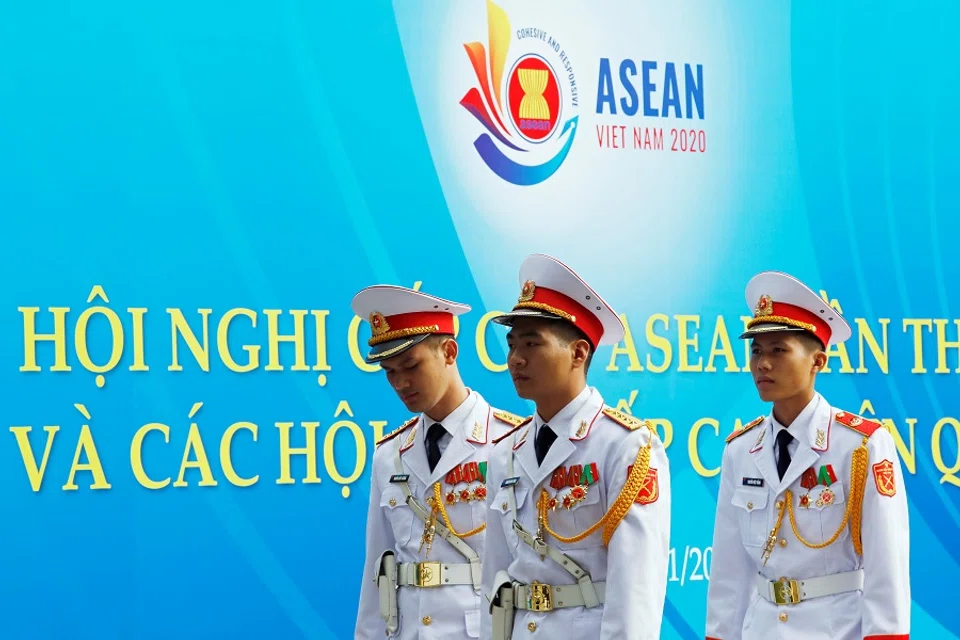
The world has changed fundamentally, driven by the shift in the balance of power, in favour of developing and emerging economies, and also the fast-paced technological revolution unfolding right before our eyes.
The unipolar world order we're living under, or the moment of singularity, as Americans call it, has disappeared. And what lies ahead is a new world of multipolarity and multiplicity.
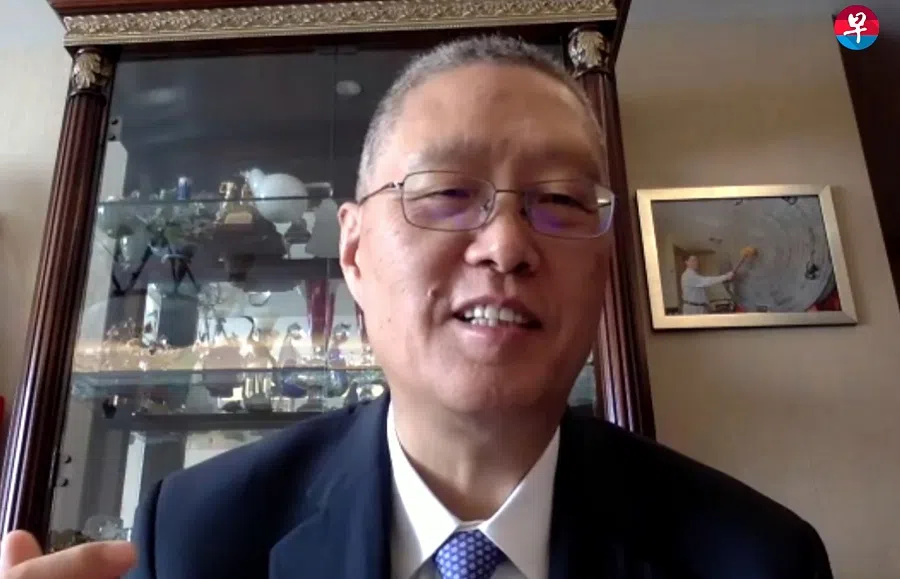
We often say history is a mirror, and this transitional period in history we're now living in, as always, is full of risks and perils. Populism, nationalism and isolationism have produced huge waves of anti-globalisation and radical identity politics almost everywhere and especially in the US and some other advanced nations, which in turn has given rise to extreme foreign policies.
We are also witnessing another terrible thing today - a toxic mix of traditional security threats of geopolitical confrontation, and non-traditional security threats such as climate change, pandemics, food crises, and cyber warfare, coming all at once to imperil all our futures.
The recent conclusion of RCEP after ten arduous years of negotiation bears testimony to the future we're trying to build.
But we know crises usually bring both challenges and opportunities. We will view Southeast Asia and Sino-Singapore relations from this perspective.
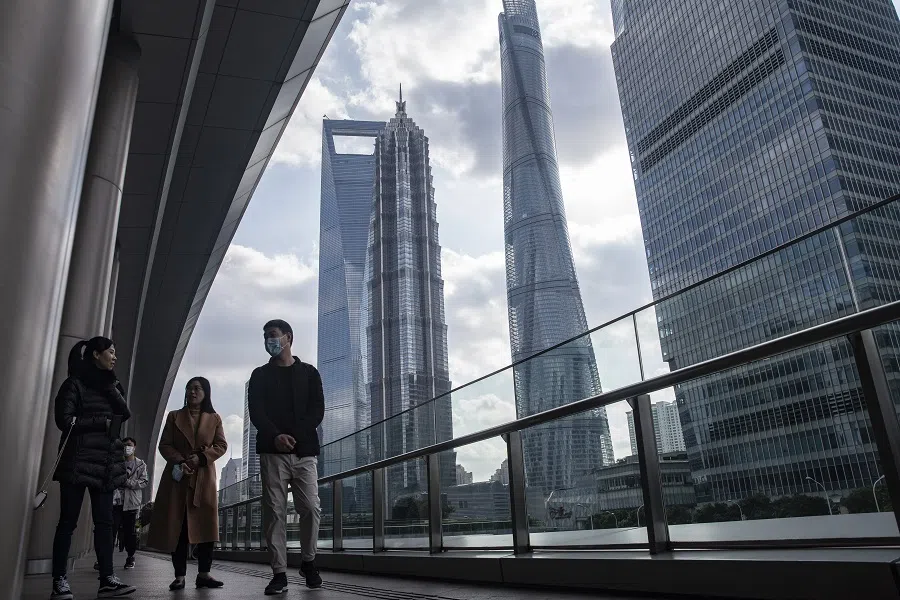
Opportunities in crises
Now, let's talk about Southeast Asia first. Southeast Asia has been the most dynamic region for economic growth for several decades. Can the region sustain vitality and forward momentum in economic development, as the world now spirals into possibly years of recession, with Covid-19, etc?
The answer is yes and no. The recent conclusion of RCEP after ten arduous years of negotiation bears testimony to the future we're trying to build. So continued economic cooperation and regional integration is a sure way to expand markets and promote free trade and investment in the region.
With geopolitical tensions high between major powers, especially between the US and China, protectionism surging ahead, and a global supply chain set to be readjusted, global free trade and investment will be met with further headwinds.
It is high time, therefore, to build regional supply chains to better utilise resources and the existing markets in our region.
...the dichotomy of being economically close to China, but relying on the US for security protection, is a bad choice and not going to work for this region, honestly.
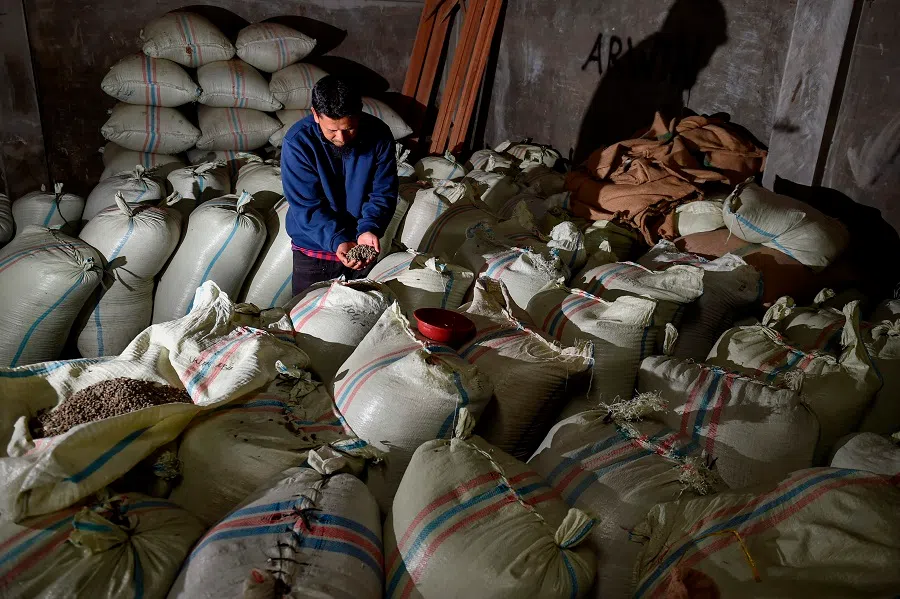
Moreover, with financial risks running high with unlimited quantitative easing and negative interest rates since the 2008 financial crisis, and again this year, employed to combat the Covid-19 induced economic recession, Southeast Asia should avoid putting all eggs in one basket by looking into possible ways of moving away from the dollar system, from the existing tattered economic system.
We saw the dollar index drop below 92 yesterday, an obvious sign of a weakening dollar that could very likely cause great fluctuations in capital and currency markets.
Southeast Asia in vortex of geopolitical contention
In terms of geopolitics, Southeast Asia is in the vortex of dangerous geopolitical contention, and could easily be sucked into geopolitical conflicts. If we're not careful, If we do not take actions, proactive actions, as Rob Kagan has pointed out, if we do nothing, we could sleepwalk into a war that is very similar to the First World War between the British and Germans.
As I see it, the dichotomy of being economically close to China, but relying on the US for security protection, is a bad choice and not going to work for this region, honestly.
China has repeatedly demonstrated its determination to achieve peaceful development, and its Belt and Road Initiative (BRI) and its willingness to work out a Code of Conduct (COC) in the South China Sea should be enough evidence for countries in the region that China is trying its best to build peace in this region.
ASEAN nations, in particular, are going to play a very important role in building points of convergence that will protect and promote both of our economic and security interests.
But that security framework should not be purely based on military alliances between US-Japan, US-Australia, etc, but should be based more, or rather, on collective and cooperative security.
Singapore can play a bridging role in regional and international fora
That's about Southeast Asia. What about China and Singapore? What can these two important countries in the region and the sub-region do to contribute to regional peace and prosperity?
The economic aspect has been touched upon above in my presentation, and there are a lot of things two countries can do separately or together to sustain economic growth for the region, or other things. Singapore is a very important member of ASEAN, and a semi-ally of the US.
I have visited Singapore many, many times for ASEAN meetings and bilateral dialogues, etc. Singapore can work more closely with China, as it has done since China started its reform and opening up in the late 70s. It can work closely with China to reduce geopolitical tension in the region, and on the South China Sea, in particular, for instance, by having the ASEAN Regional Forum (ARF) serve as a useful platform for dialogue and negotiation, and also by working together to finish Code of Conduct (COC) in the South China Sea as soon as possible.
In addition, serious efforts must be made to construct a regional security framework, because we don't have one in this region. But that security framework should not be purely based on military alliances between US-Japan, US-Australia, etc, but should be based more, or rather, on collective and cooperative security.
Absolute security need not come at the expense of the security of others.
Because of its cross-cultural nature and cross-cultural identity, Singapore can play a bridging role between what we used to call East and West, or North and South.
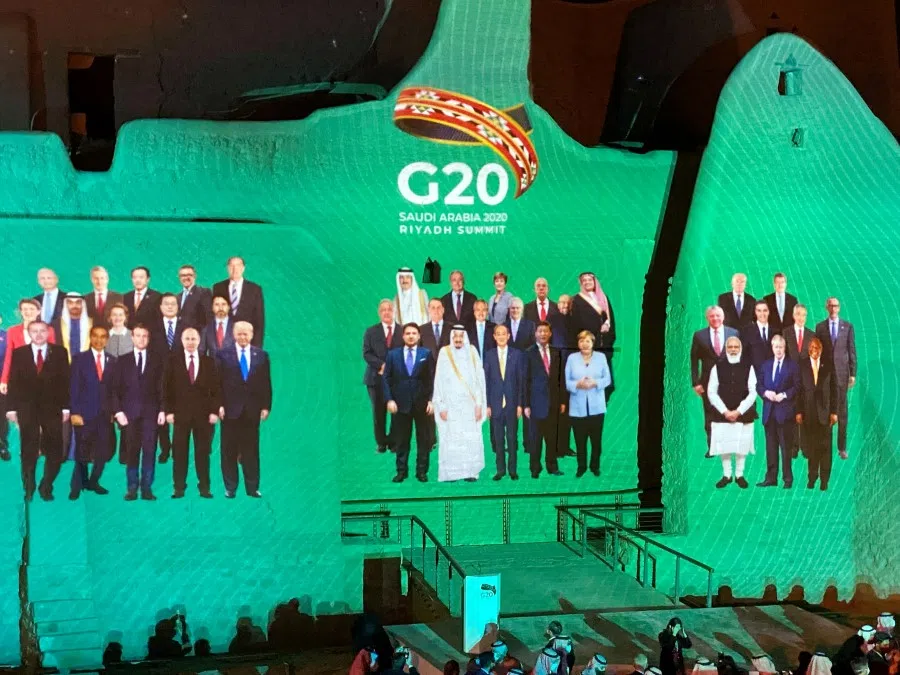
On other things that China and Singapore can do, I remember that during the first years of the G20, in combating the financial crisis of 2008, Singapore initiated and also led a group of thirty named the G30, to help the G20 to reach out to the broader international community, mainly the UN, for more legitimacy and credibility. Because the G20 is the G20, even if it's composed of powerful countries, but a small number of groups, a small number of countries, a broader segment of the international community was not included. So Singapore led such an effort to bridge the gap.
I think a similar role can be played by Singapore now to support and supplement efforts by China and others in tackling global challenges such as climate change, future pandemics, the food crisis, cybersecurity, etc.
Because of its cross-cultural nature and cross-cultural identity, Singapore can play a bridging role between what we used to call East and West, or North and South.
And with Singapore being situated in Southeast Asia, it holds a critical strategic position to play this role.
So more frequent and regular bilateral consultation and dialogue should be encouraged between Singapore and China, both at governmental level and people-to-people level. Especially, I would say, among young people, because your generation is our future.
Strengthen governmental and people-to-people cooperation
Finally, I think bilaterally speaking, China and Singapore have enjoyed a very good and comfortable bilateral relationship for many decades. And there is a history too.
So, I know there are some difficulties now in our bilateral relationship, but these are not insurmountable difficulties. These difficulties can be overcome, as long as we put ideology aside.
I read very, very carefully, repeatedly even, the long article in Foreign Affairs magazine written by your prime minister. A very good one, I have to say. I highly recommend it.
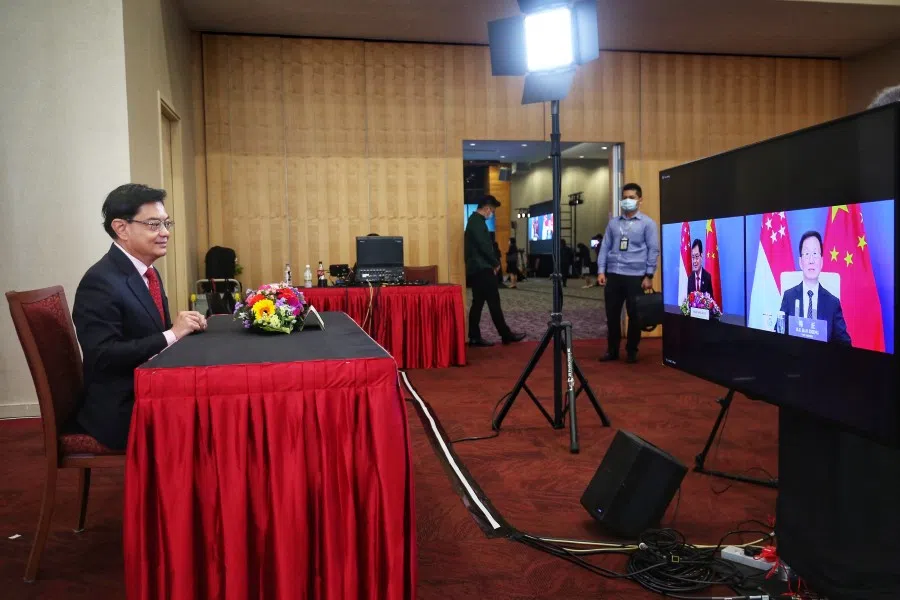
So more frequent and regular bilateral consultation and dialogue should be encouraged between Singapore and China, both at governmental level and people-to-people level. Especially, I would say, among young people, because your generation is our future. We rely on you. Think tanks are important too. They need to play a role in that exchange.
But all in all, I do believe China, Singapore, and by extension ASEAN, Japan, South Korea, etc - we, in this region can build a sustainable economic developmental model, which will benefit and probably educate other regions. Not to copy us but to learn from our experiences - both successes and failures - so that we can be in a better position to combat Covid-19 and Covid-19 induced crises and all kinds of crises, including economic crises.
QnA
Q1: In your speech, you talked about a world that is undergoing enormous changes, whether in geopolitics or multilateral economic and trade cooperation. You also mentioned that Singapore and China can advance their relationship amid these changes. China recently proposed a dual circulation economy (domestic and international), with a focus on domestic circulation. Singapore notes these proposals with interest. How can Singapore be a part of this new development paradigm and how will this play a role in the two countries' bilateral cooperation?
A1: This is a very good question. Singapore was a very good role model during the early stages of China's reform and opening up. Both China and Singapore learnt many things along the way. In particular, China learnt a lot about how a market economy operates, the entire economic system, and free trade. Now, both the international environment and China's domestic circumstances have changed drastically. China is also thinking of ways and trying its best to adapt to these changes, because sticking to the old path will not work. Due to these changes, at the very least, China's foreign exports would be affected. China-US competition would also change the supply chains of both countries. For example, the US relies on China's pharmaceutical raw materials. But because of national security issues, they might shift their supply chains for these products.
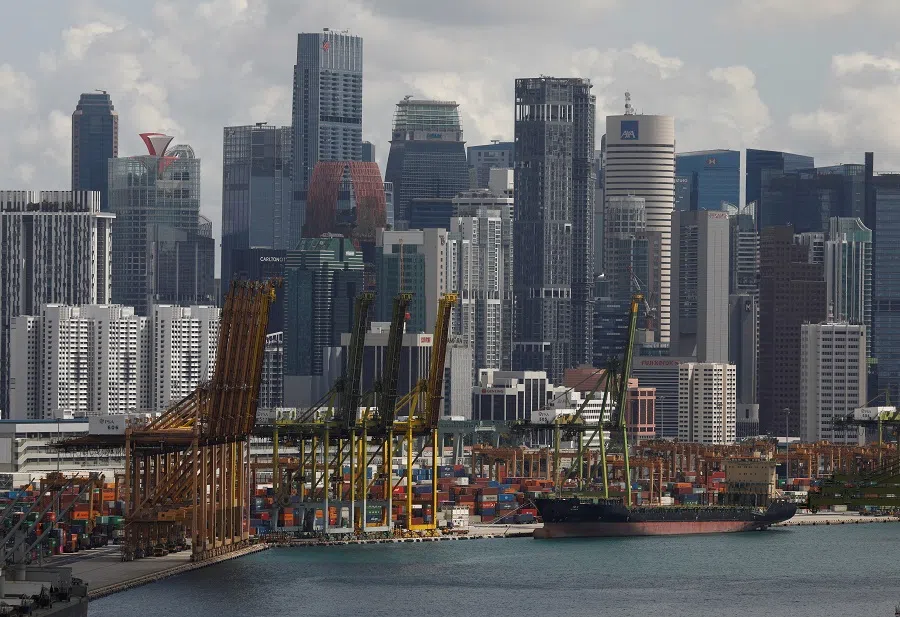
Under such circumstances, China has also realised the need to reassess and analyse the environment we are currently in. So when we formulated the 14th Five-Year Plan and the framework of the Long-Range Objectives Through the Year 2035, we proposed the need for a dual circulation economy with a focus on domestic circulation. Because we have a huge domestic market and China's domestic industrial system and economic system are relatively complete.
In the past, we relied more on exports and investments and paid less attention to consumption. Now, we are paying more attention to domestic consumption. At the same time, we also have to continue managing international cooperation and engaging in trade and investment because there is still a need to do so. This is because the entire international environment has changed, and so has the domestic environment.
China now has 400 million middle-class people. In Western terms, China's middle-income segment of 400 million people has already exceeded America's total population. Relatively speaking, we are pretty well-off and have reached the standards of moderate affluence. So the consumptive power of the Chinese middle class is substantial.
Furthermore, China is set to see a future urbanisation rate of approximately 1% per annum and undergo further industrialisation as well. We will further industrialise as we are in the middle and later phases of industrialisation. Industrialisation and urbanisation are far from over. So this middle-income group has yet to expand. This expansion must not only rely on exports; we must not only think about exports, but think about how to grow the pie for everyone. So in all of China's initiatives, like the Belt and Road Initiative, although China's intentions have been distorted, China does not think that way and only wants to grow the pie with the rest of the world.
Singapore can play two roles. One, to deeply understand China's changing economic development model at present, and seize its own opportunities for investment and cooperation.
Infrastructure is the most important thing to some underdeveloped countries. Without infrastructure, there would not be economic development, and also no industrialisation as well. So China wants to help them. There is a saying in China: "To make a person wealthy is not true wealth. True wealth is when everybody is wealthy." I think Singapore understands this very well.

Singapore can play two roles. One, to deeply understand China's changing economic development model at present, and seize its own opportunities for investment and cooperation. Because this is not the same as cooperation and investment with China in the past. Now, the whole situation is changing and there is a need to find new opportunities for investment and cooperation according to the changing environment. As China and Singapore are culturally similar, we have a deep understanding of each other. Besides, we also have a foundation of 40 years of cooperation. Go to Suzhou and you'll see Singapore's original investments all around. Singapore is experienced in collaborating with China and so I feel that there are many opportunities. This is what Singapore can do and what I think Singapore can do more of. But we must adapt our mindset to the changing situation and policy framework. That is what we have to change and adapt to.
China's narrative is not well understood overseas, so it often finds itself in opposition with others. I feel that Singapore can get both sides to understand each other better.
The second thing for Singapore to do is in international affairs. In the process of its development, China has faced difficulties overseas and many people do not understand China. China's narrative is not well understood overseas, so it often finds itself in opposition with others. I feel that Singapore can get both sides to understand each other better. This would be good for Singapore too, and good for China and other countries, especially in easing relations between other countries. I look forward to efforts in two major areas.
Q2, A2: [On choosing sides regionally and the need for regional security] Earlier I spoke of security in this region. This is a major issue. Our region wants to continue building on the current situation to achieve sustainable growth. If we do not resolve the issue of regional security, there will be a major bottleneck.
It's not a matter of choosing sides. I feel that the competition and tension in regional security are mainly caused by the US. China does not want this sort of tension and difficulty. We want a peaceful environment. Of course, China has its own aspirations for economic growth. We will also develop military strength and we will also protect our own interests, including overseas interests. But China will definitely not become the US. People have to believe that.
If two of us have an alliance, it would definitely mean targeting another country, and that's not what we want to do. But what about previous alliances? Those are left over from history, and that is that. But you cannot use past alliances to target China or target another country.
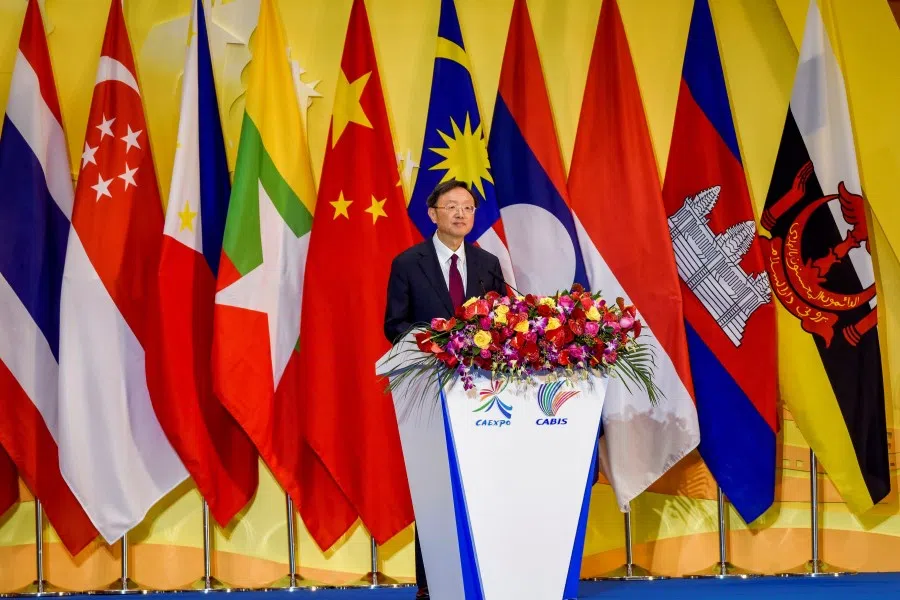
Because China is not the US, and will not become the US. We will not become a country where our navy goes wherever it wants and does whatever it wants. So, other countries in the region do not need to choose sides, as long as you are on the side of peace. Taking it further, for the sake of regional security and peace, I feel that countries in the region have to act as a buffer in the case of possible conflicts between both sides.
They have to say, "Hey, stop, this is not in the interests of the region, we're not going to stand either by you or by them." This is very important; ASEAN as a group can play a very important role. Why? I mentioned the ARF, and then there's the ASEAN+1, +3, +5. These are important platforms. They can say, "We'll decide on regional security on our own."
So as I mentioned, we want to set up a security framework based on a collective and cooperative security system, and not alliances, because an alliance in itself is exclusion. If two of us have an alliance, it would definitely mean targeting another country, and that's not what we want to do. But what about previous alliances? Those are left over from history, and that is that. But you cannot use past alliances to target China or target another country. That would create a lot of conflict. We need to move away from alliances and build a new security framework. ASEAN can play a critical role in such a future effort.
NB: The transcript of the QnA session conducted in Mandarin was translated to English by Grace Chong and Candice Chan.
Related: Beyond ASEAN: More 'no-superpower coalitions' needed as US-China rivalry upsets global interests | RCEP affirms ASEAN's irreplaceable East Asian centrality | Apart from ASEAN and China, international community and law are part of South China Sea discourse | America's coming back - but ASEAN will cope, with or without her | Ambassador Chan Heng Chee: The future of Singapore-China strategic collaboration | Yang Jiechi's Singapore visit: Seeking strategic space | Chinese ambassador to Singapore Hong Xiaoyong: China-Singapore ties tested and strengthened through the pandemic | Singapore's ambassador to China Lui Tuck Yew: Singapore must stay relevant to China
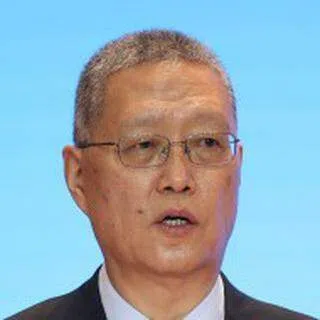
![[Big read] Paying for pleasure: Chinese women indulge in handsome male hosts](https://cassette.sphdigital.com.sg/image/thinkchina/c2cf352c4d2ed7e9531e3525a2bd965a52dc4e85ccc026bc16515baab02389ab)
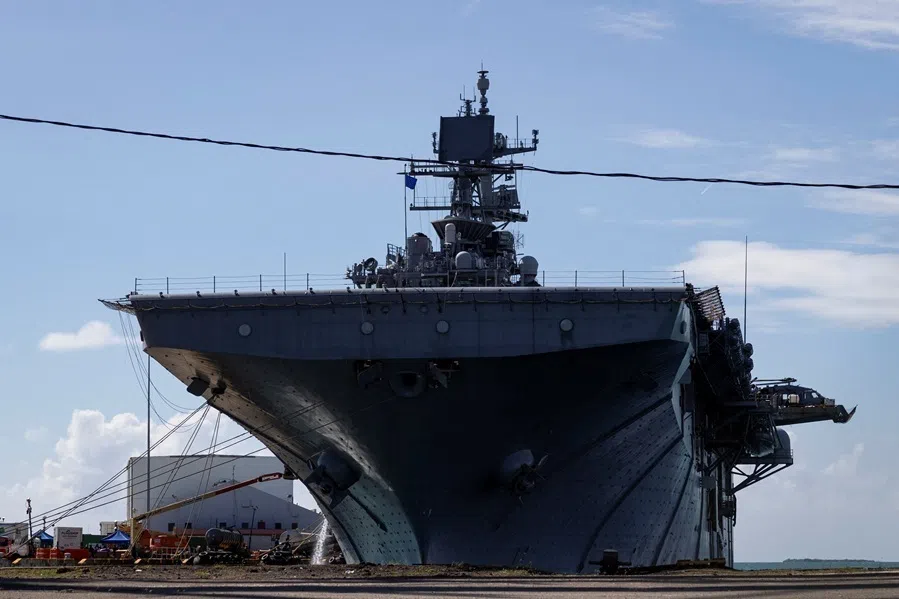
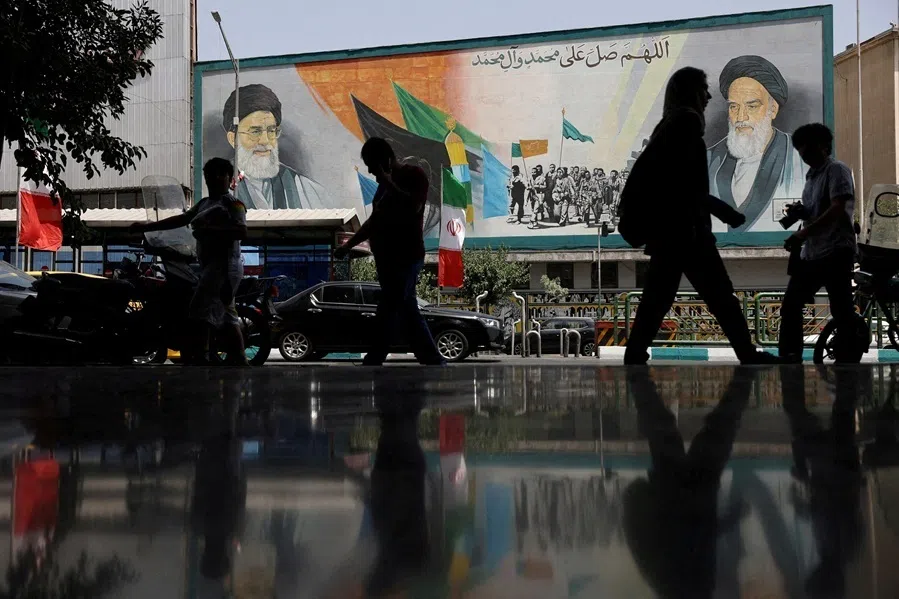
![[Big read] How UOB’s Wee Ee Cheong masters the long game](https://cassette.sphdigital.com.sg/image/thinkchina/1da0b19a41e4358790304b9f3e83f9596de84096a490ca05b36f58134ae9e8f1)
